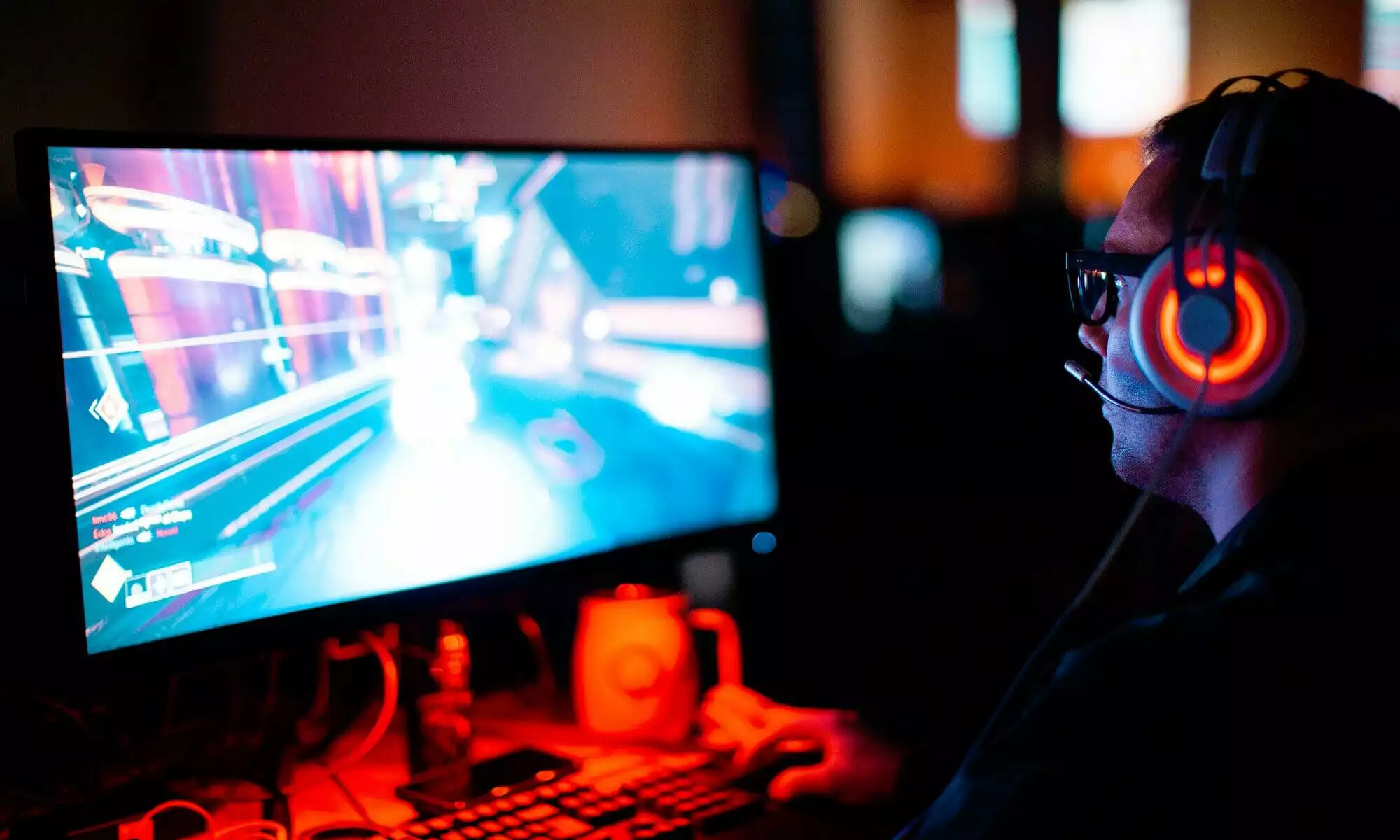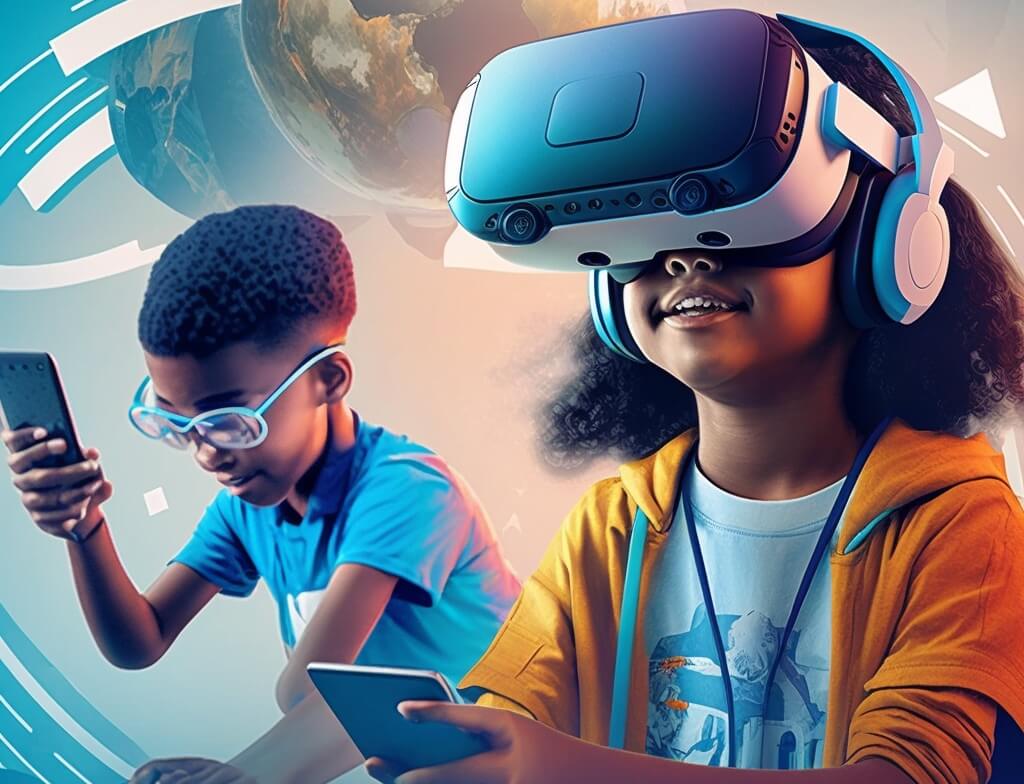Transcending mere pixels and joysticks, video games have journeyed through the decades, morphing into a vital player within the sprawling tableau of modern amusements. Yet, lately, their allure extends beyond mere entertainment. Today’s gaming is increasingly viewed as an edifying endeavor, wielding the power to transport learners into compelling, tactile universes that revolutionize how knowledge is absorbed.
Delving into the ‘Gamification of Learning’: this beguiling terminology harbors a transformative educational concept. Let’s take a detour into this wonderland, where gaming principles dance in harmony with non-gaming contexts. Think of an algebra problem, but with the riveting undercurrents of a treasure hunt. The crux of gamification lies in integrating pedagogy with an exhilarating game-oriented ambiance, rendering the pursuit of knowledge a captivating quest rather than a cumbersome obligation. From the eloquent prose of Shakespeare to the mind-boggling realms of quantum physics, gamification’s potential is limitless.
Personalization is no longer confined to playlists or shopping recommendations. Video games, cleverly designed, tailor learning paths to each participant’s unique capabilities, fostering an adaptive experience. Consider a classroom where the tortoise’s tenacity is equally celebrated as the hare’s agility. That’s the magic of personalized learning.
Marrying reality with virtuality, we stumble upon ‘Simulation Games.’ Picture an amateur pilot navigating the intricate controls of a Boeing, or a budding surgeon delicately performing an appendectomy, all within the secure confines of a simulated environment. This marriage of education and technology allows for visceral, risk-free training.
Video games don’t simply offer knowledge; they fine-tune life skills too. Think of a perplexing in-game puzzle or an antagonist requiring outwitting. Such scenarios hone critical thinking and problem-solving abilities, proving advantageous in life’s multifaceted dilemmas.
Finally, consider the collective joy of victory in a multiplayer game. It’s in these shared spaces that collaboration springs forth, nurturing communicative competence and the art of compromise among learners.
And so, the metamorphosis continues. Video games, once a source of pixelated pastime, are redefining education’s visage. They not only impart knowledge but also shape critical, creative, and collaborative minds. As technology continues its relentless advance, it beckons a future where games could become inextricably woven into the fabric of learning.
Intriguing questions often accompany radical shifts, and this context is no different:
Will games usurp traditional teaching? They shouldn’t. Instead, games should dance the tango with traditional methods, enriching the learning landscape.
Can all subjects find a home within games? Quite possibly. Imagine uncovering the secrets of ancient civilizations in an RPG or grappling with organic chemistry in a puzzle game. The scope is tantalizingly wide.
How can teachers entwine gaming into their lessons? Think of history quizzes rendered as digital quests or math problems transformed into strategy games. Creativity is key.
Are games a universal educational tool? Not entirely. Age appropriateness must dictate the selection of educational games, filtering mature content from youthful eyes.
Can games sharpen critical and problem-solving abilities? Absolutely. Many games embed intricate challenges, cultivating these skills in a manner textbooks often fail to replicate.

